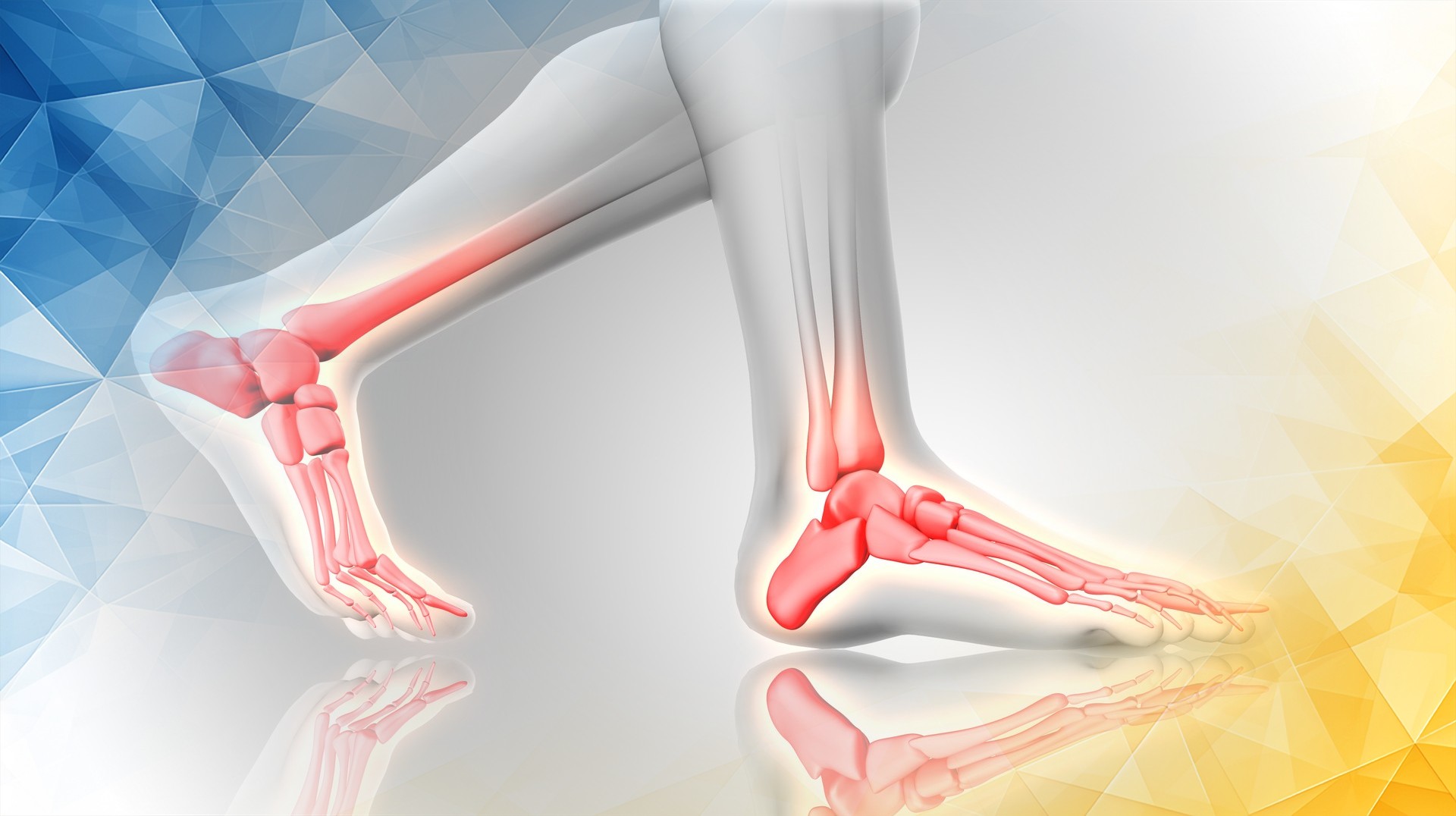



Knee cartilage, often referred to as the meniscus, is essential for smooth movements and weight distribution in the knee joint. It is a smooth, rubbery tissue that covers the ends of the bones in the knee joint. It helps reduce friction and acts as a shock absorber, allowing for smooth movement. However, injuries or degenerative conditions can lead to knee cartilage damage resulting in pain, swelling, and limited mobility, often leading to conditions such as osteoarthritis. While surgery is a common treatment, there are effective non-surgical ways to restore knee cartilage. Let’s delve into these methods, addressing knee cartilage repair without surgery and how it can be achieved.
Knee cartilage injuries often result from trauma, overuse, or age-related wear and tear. Symptoms include pain, swelling, and stiffness, sometimes leading to a condition where the knee hurts when I bend it and straighten it. Diagnosis typically involves physical examinations and imaging tests like MRI. Non-surgical knee cartilage repair focuses on alleviating pain and promoting the body’s natural healing processes.
While non-surgical treatments for knee cartilage pain are generally safe, they are not without potential side effects. Short-term side effects include mild swelling, pain, or bruising at the treatment site, particularly with injections such as PRP. Long-term side effects are rare but can include persistent inflammation or infection if procedures are not done correctly.
If left untreated, cartilage damage can lead to further complications such as chronic pain, decreased knee function, and arthritis. For instance, untreated cartilage damage often manifests as pain on the inner side of the knee, progressively limiting mobility and quality of life.
Non-surgical methods for restoring knee cartilage, such as physical therapy, PRP, and stem cell treatments, can effectively manage and repair cartilage damage. Timely intervention and adherence to a comprehensive rehabilitation plan are then key to successful recovery. For any knee pain or limitations in movement, seeking professional advice is crucial to determine the best course of action. Contact London Cartilage Clinic if you have any questions.
Immediate steps should include rest, applying ice to reduce swelling, compressing the knee with a bandage, and elevating the leg. Seek medical advice as soon as possible.
Recovery time varies but typically ranges from a few weeks for minor injuries treated with physical therapy to several months for advanced treatments like PRP or stem cell therapy.
Yes, maintaining a healthy weight, regular exercise to strengthen knee muscles, and avoiding high-impact activities can help prevent future damage.
Signs include persistent pain, significant swelling, redness, fever, or reduced knee function. It is important to contact a healthcare provider if these symptoms occur.
Physical therapy is highly effective in strengthening the muscles around the knee, improving joint stability, and reducing stress on the cartilage, thus aiding in repair.
Surgery should be considered if non-surgical treatments fail to relieve symptoms, significantly restrict daily activities, or if there is severe damage that cannot be managed conservatively.
All our treatments are selected to help patients achieve the best possible outcomes and return to the quality of life they deserve. Get in touch if you have any questions.
At London Cartilage Clinic, we are constantly staying up-to-date on the latest treatment options for knee injuries and ongoing knee health issues. As a result, our patients have access to the best equipment, techniques, and expertise in the field, whether it’s for cartilage repair, regeneration, or replacement.
For the best in patient care and cartilage knowledge, contact London Cartilage Clinic today.
At London Cartilage Clinic, our team has spent years gaining an in-depth understanding of human biology and the skills necessary to provide a wide range of cartilage treatments. It’s our mission to administer comprehensive care through innovative solutions targeted at key areas, including cartilage injuries. During an initial consultation, one of our medical professionals will establish which path forward is best for you.
Contact us if you have any questions about the various treatment methods on offer.
Legal & Medical Disclaimer
This article is written by an independent contributor and reflects their own views and experience, not necessarily those of londoncartilage.com. It is provided for general information and education only and does not constitute medical advice, diagnosis, or treatment.
Always seek personalised advice from a qualified healthcare professional before making decisions about your health. londoncartilage.com accepts no responsibility for errors, omissions, third-party content, or any loss, damage, or injury arising from reliance on this material. If you believe this article contains inaccurate or infringing content, please contact us at [email protected].